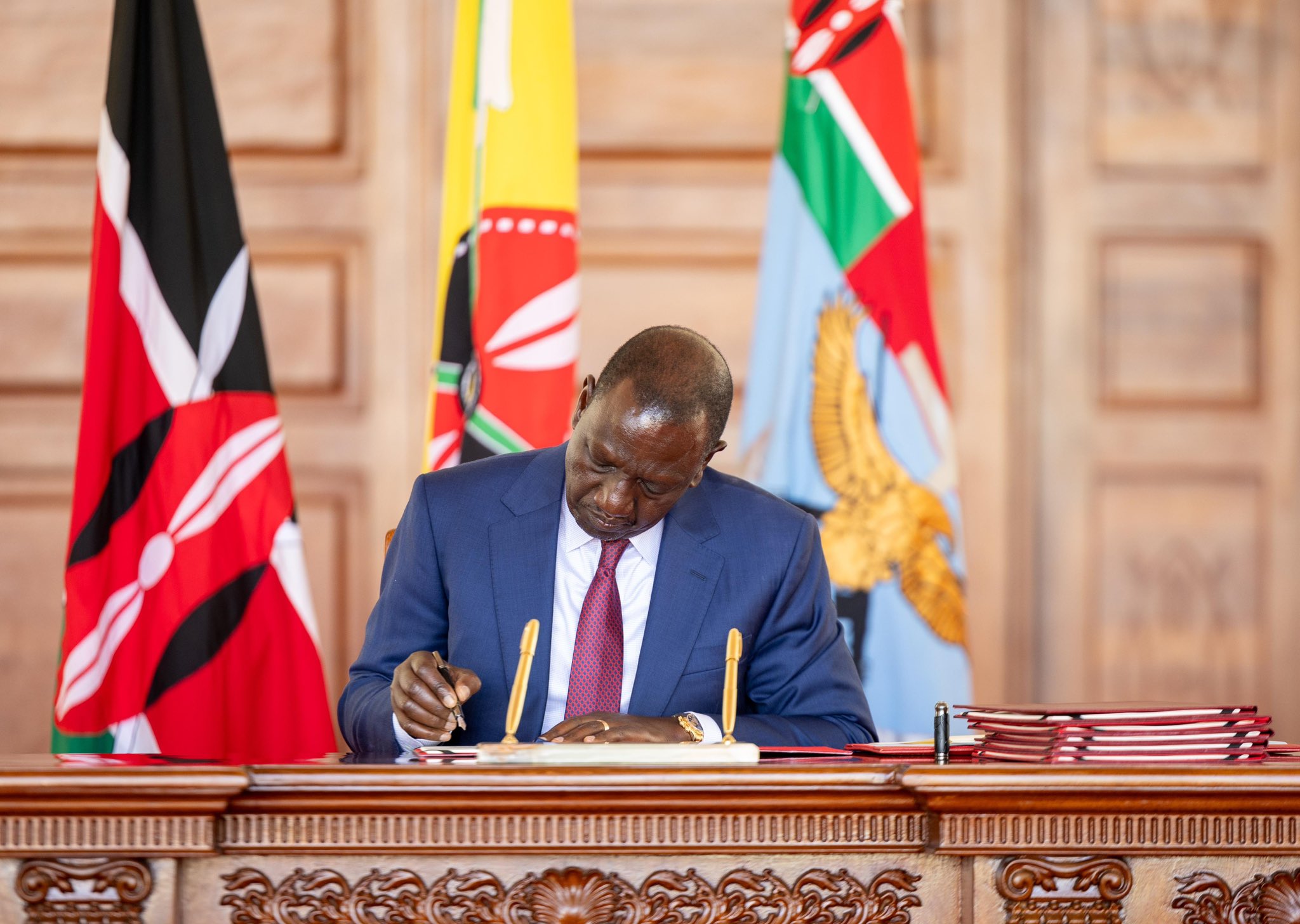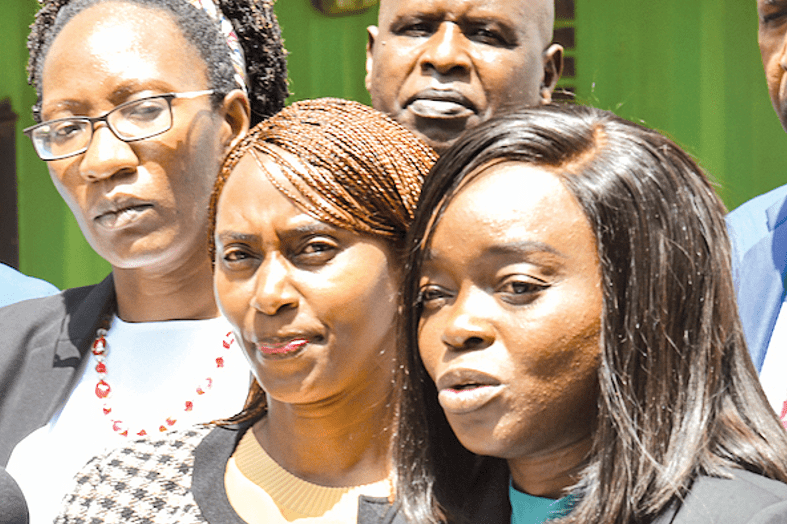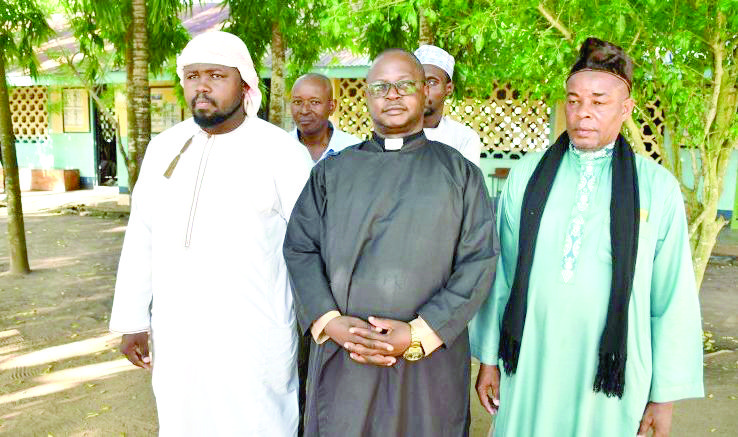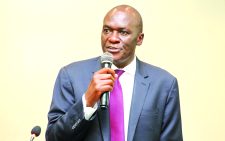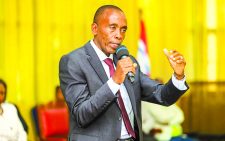After the 2024 Finance Bill fell, the government came up with a supplementary budget to fill the void. There is no doubt that the 2024/25 Supplementary Budget was developed in the context of the imperative to ensure that Kenya remains accountable for its borrowing binge even as it sought to embrace rigorous austerity measures to remain financially buoyant.
On August 22-23, the Institute for Social Accountability (TISA), under the auspices of the Okoa Uchumi initiative, held a gathering of citizens and civil society groups to unpack the supplementary budget to spotlight how some of its austerity measures will impact the lives of Kenyans.
At hand to unpack the 2024/25 Supplementary Budget with gender lenses were several experts, including Dr Davji Bhimji, the secretary general of the doctors’ union KMPDU and Blandina Bobson, the director of programmes at Oxfam GB. The session was ably chaired by Christian Aid’s programme director, Abdul Agukoh.
Gender budget analysis as a tool for social accountability reveals how a budget is gendered – informed by, shaped by, or biased toward men’s or women’s perspectives or experiences. Over the years, public policies like budgets have invariably reflected prevailing gender power dynamics that have historically favoured men and masculinity, at times even rendering women’s basic rights, needs, perspectives and experiences invisible.
And this is where the all-important question of representation comes in. In the wake of the Gen Z-led anti-tax protests, there have been suggestions in the public domain, some of them objectionable, that seem to question the rationality of affirmative action seats in the National Assembly.
In order to encourage voters to embrace the principles of gender equality and equity as critical facets in our governance processes, framers of the 2010 Constitution were purposeful and intentional when they developed a formula in which over and above the 290 MPs elected in constituencies, they also made a provision for each of the 47 counties to be special seat constituencies in which only female candidates would be elected to represent and articulate issues of particular interest to women and the society overall.
But rather than question the authorities for their lopsided budget policy that impose unreasonable taxes on citizens without corresponding accountability in the management of public funds and resources, some people have contrarily proposed that affirmative action seats be done away with as if it’s the womenfolk that are overrepresented in the two chambers of Parliament!
Despite the affirmative action seats, women’s representation in the National Assembly, where money bills are originated and adopted, analyses by the panel revealed that allocations to the National Government Affirmative Action Fund were reduced by a whopping Sh291 million in the supplementary budget.
A provision for sanitary towels to schoolchildren was not spared in the budget cuts either, with the number of public schools set to receive the essentials reduced from 2,500 to 1,000; and the quantity of the towels dropping from 15 million to 10 million.
Despite the hype around the ruling Kenya Kwanza coalition’s so-called Bottom-up Economic Transformation Agenda, there will be zero disbursements to the Women Enterprise Fund, as all the Sh30 million allocated to women entrepreneurs through the LPO financing was also slashed.
Even more vulnerable segments of society like widows were not spared. All the Sh30 million allocated to widows under the Thamini Loan Product was slashed.
Bobson, of Oxfam, provided insights on the nexus between unpaid care and taxation, arguing that no economy can function if the social wellbeing of families and households that are the basic units of governance are not stable.
Unfortunately, President Ruto continues to fail the integrity test. Rather than do as he had promised to reduce the number of advisers choking the public wage bill, he recently reappointed as advisers some of the Cabinet ministers he had fired after Gen Z protests, some of them to the Cabinet!
— The writer is the Executive Director of the
Kenya National Civil Society Centre; [email protected]

